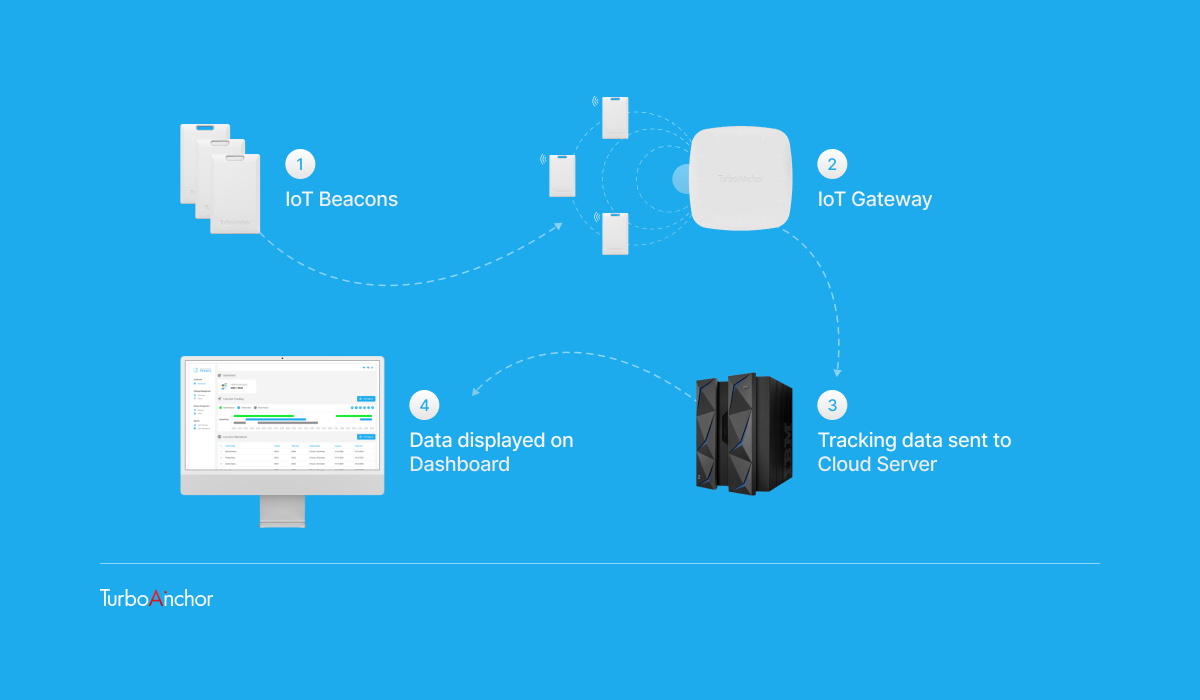Intro
The benefits of IoT are all about consumer convenience. It’s all about doing more with minimum effort, people want to enjoy themselves instead of being stressed about tasks. Many IoT solutions are being built and adopted today to help people be more satisfied and less stressed with smart homes, connected cars, smart offices, and smart cities.
So before we start with what kind of benefits consumers can get from IoT let’s clarify concepts related to What is IoT? Internet of Things (IoT) is physical objects (‘Things’) that utilize sensors to gather data and embedded connectivity to exchange information over the internet to create new value. Computers, mechanical machines, and digital devices can be considered ‘things.’
Following Are The Benefits Of IoT For Consumers,
Improve Safety & Security
Increasingly, security is becoming a challenge due to everything being connected. Nevertheless, there are some positive factors as well. IoT devices’ proper authentication, authorization, and encryption can make your life safer and more secure. IoT smart locks for homes and cars can make the owner aware if someone tries to breach in or automatically lock themselves. IoT solutions like smart “wearable” watches can help you keep track and update where and how your loved ones are.
For example, you can set up geo-fenced areas that alert you when a child is away from school or the playground.
New Business Opportunities
Using IoT, you can collect and analyze data from the network to identify business insights and opportunities and reduce operating costs. An enterprise with smart solutions will be more competitive and desirable as a potential business partner. With the boosted effectiveness, the business that uses IoT solutions focuses on creating and installing internet-connected devices into cars and other automobiles.
For example, Perhaps a startup that makes wearable devices specifically for people with specific health conditions, such as diabetes or high blood pressure.
Access Information in Real-Time
The main benefit of internet-connected devices is that they offer up-to-date information.
Imagine a scenario where someone running a smart office often faces questions like how to understand and improve employees’ performance? People tackling such questions can go for employee monitoring tools, which use real-time monitoring. Thus, it lets you know employees’ execution processes and work patterns. You can study your employees’ productivity efficiently by accessing these details.

Top of that, it is easily accessible just by employing beacons (in the form of employee cards) within your premises. Not only does it track and monitor employees’ activities. But also forward data related to them straight to the cloud storage. That not only secures data but is much more cost-efficient, rather than paying for each server to store your data. Besides, you learn about strengths and weaknesses within your company.
For example, you may get to know that your team members have more time on their hands or are more useful in some other areas. With the proper insight of each team member, you can execute more informed decision-making. You get to know about issues like poor customer management or workers’ nature who slack off.
Improved customer service and retention
Data collection can help you understand the expectations and behavior of customers and build the past trends that predict and let us know about any errors ahead of time. IoT also improves customer service by giving out follow-ups after sales, such as automated tracking and updating the customers about needed maintenance of purchased equipment after its certain period of usage or the expiration of the warranty.
Cost Reduction
Another major benefit of IoT is saving money. Suppose the cost of the tagging, automated scheduling, and monitoring devices is less compared with the amount of money saved. Therefore, the Internet of Things is very widely adopted. With the help of connected sensors and the internet, businesses evolve smarter.
For example, It is not possible to ignore IoT technologies’ influence on our homes. Smart appliances, lighting, security, and environmental controls (Air conditioners) make our life easier and more convenient. You can control smart devices remotely and connect them to a single network. Like when you enter your home, the lights automatically turn on the cause of the sensors. But IoT gets you the leverage you want by letting all devices connect through the internet. Smart motion detectors can help you save money and stop water and electricity wastage. These motion detectors prevent excessive water and electricity from running, making them cost-effective and eco-friendly. You can even easily check out your home through your mobile or computer.
Automation and Control
Possibly one of the simplest examples of automation and control through an IoT smart device is Amazon Alexa. Almost everyone is aware of it, and it has been beneficial worldwide. This smart IoT voice recognition device connects with your home network. It lets you control when lights, sound systems, TV, and other devices are on the net so that you can automate their schedules or turn them on and off with a simple voice command. From an Industrial point of view, IoT smart devices can control the manufacturing process. Robotics where humans are enabled to perform tasks like working with toxic chemicals or any hazards.
Conclusion
As you can observe, the Internet of Things is growing all around us, whether we notice it or not. The possibilities that come with IoT are immense and can prove to be revolutionary for virtually any business or organization, especially those venturing into a digital shift. However, it is crucial to realize that integrating IoT in an enterprise requires much effort and skills to achieve those benefits without suffering from its drawbacks.